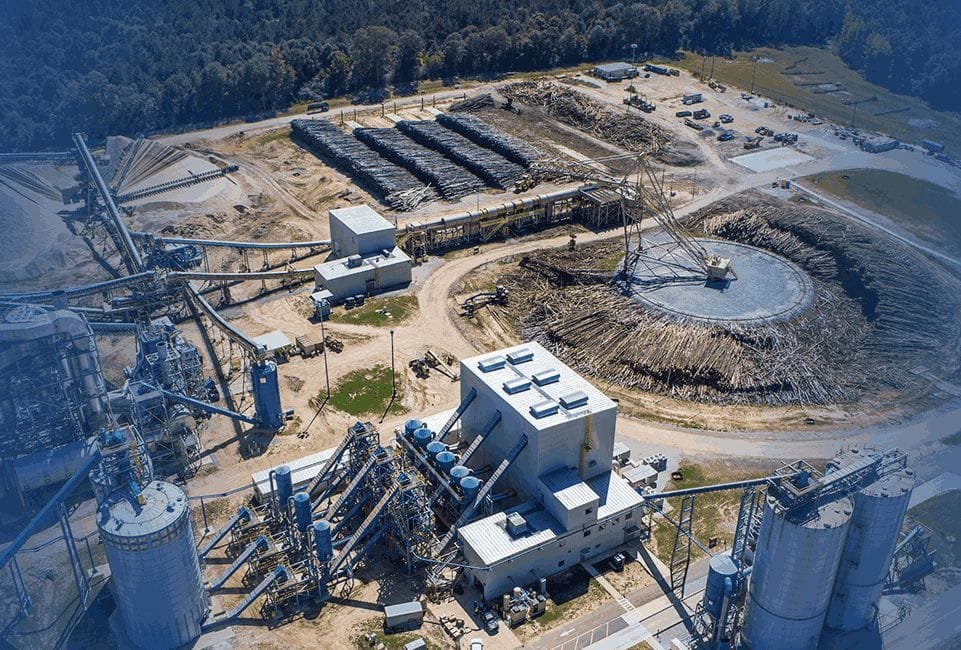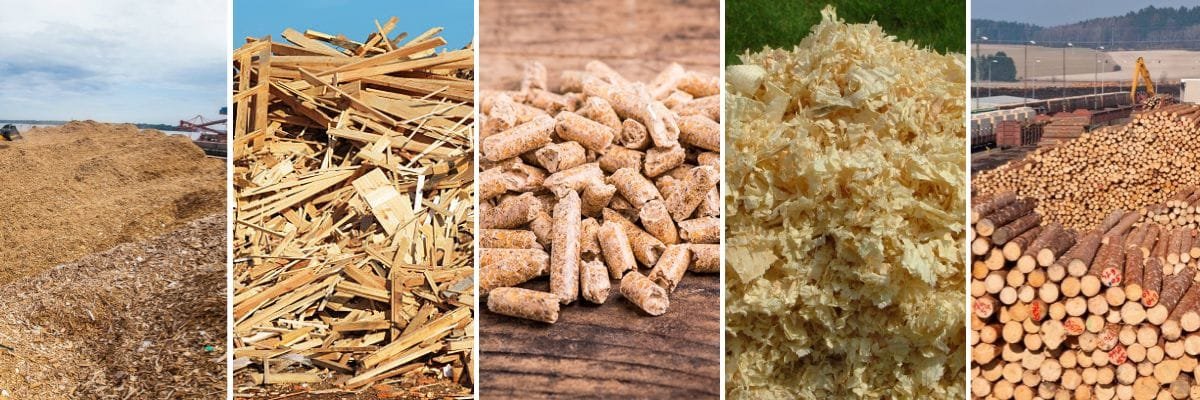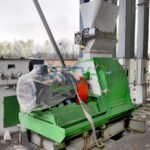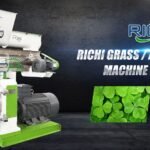The global shift toward renewable energy has significantly increased the demand for biomass pellet production lines. A medium-scale investment in a 2-3 tons per hour (t/h) biomass pellet production line necessitates substantial technical support for installation, operation, and maintenance. However, the cost of this technical support varies widely across countries due to local expertise, infrastructure, and government policies. This article examines the countries where technical support costs for biomass pellet production lines are the lowest and the factors that contribute to these cost advantages.
Key Factors Influencing Technical Support Costs
- Local Expertise and Skill Level
- Countries with a robust wood processing industry typically have higher levels of skilled labor and local expertise.
- The availability of trained technicians and engineers can significantly ease the installation and ongoing maintenance processes.
- Access to Equipment and Spare Parts
- Proximity to equipment manufacturers and suppliers enables quicker access to necessary machinery and spare parts.
- Countries with local manufacturing capabilities often provide better support due to shorter supply chains.
- Government and Industry Support
- Government initiatives and industry associations can play a crucial role in providing technical training and support.
- Policies that promote renewable energy can lead to better infrastructure and support systems for biomass pellet production.
- Infrastructure and Logistics
- Well-developed infrastructure, including transportation and communication networks, facilitates better technical support.
- Efficient logistics ensure the timely delivery of equipment and parts, minimizing downtime.
- Regulatory Environment
- Stringent regulations may require higher levels of technical support to ensure compliance.
- Countries with clear and supportive regulatory frameworks can provide better guidance and assistance.

Related post: straw pellet production line
Countries with the Most Affordable Technical Support Costs
- China
- Local Expertise: A well-established wood processing and biomass industry offers a large pool of skilled technicians and engineers.
- Access to Equipment: Numerous local manufacturers produce biomass pellet equipment, ensuring easy access to machinery and spare parts.
- Government Support: Strong government incentives and policies promote renewable energy.
- Infrastructure: Well-developed infrastructure and logistics networks support operations.
- Example: Technical support costs are significantly lower due to local expertise and manufacturing capabilities, making it easier for a 2-3 t/h biomass pellet production line to receive quick and cost-effective assistance.
- India
- Local Expertise: A growing pool of skilled labor in the biomass sector is supported by technical training programs.
- Access to Equipment: An increasing number of local manufacturers are producing biomass pellet equipment.
- Government Support: Initiatives promote renewable energy and technical training.
- Infrastructure: Improving infrastructure and logistics networks enhance operational efficiency.
- Example: Technical support costs are relatively low due to the availability of skilled labor and local manufacturing, with government programs further reducing costs through technical training.
- Vietnam
- Local Expertise: Developing expertise in the biomass sector is supported by government and industry initiatives.
- Access to Equipment: There is a presence of local manufacturers and suppliers of biomass pellet equipment.
- Government Support: Policies that promote renewable energy and technical training contribute to a supportive environment.
- Infrastructure: Improving infrastructure and logistics networks help reduce downtime.
- Example: Vietnam offers low technical support costs due to growing local expertise and government support, along with the presence of local equipment manufacturers.
- Brazil
- Local Expertise: An established agricultural sector provides a strong foundation for biomass expertise.
- Access to Equipment: Local manufacturing capabilities for biomass pellet equipment are emerging.
- Government Support: Government initiatives promote renewable energy and technical training.
- Infrastructure: Developing infrastructure and logistics networks support operations.
- Example: Technical support costs are moderate but competitive due to growing expertise and government support, with local manufacturing capabilities improving to reduce reliance on imports.
- Turkey
- Local Expertise: Developing expertise in the biomass sector is supported by technical training programs.
- Access to Equipment: There is a presence of local manufacturers and suppliers of biomass pellet equipment.
- Government Support: Government incentives for renewable energy projects contribute to a favorable environment.
- Infrastructure: Well-developed infrastructure and logistics networks facilitate operations.
- Example: Competitive technical support costs arise from local expertise and government incentives, with local equipment manufacturers further reducing expenses.
- South Africa
- Local Expertise: Emerging expertise in the biomass sector is bolstered by technical training programs.
- Access to Equipment: Local manufacturing capabilities for biomass pellet equipment are developing.
- Government Support: Initiatives promote renewable energy and technical training.
- Infrastructure: Improving infrastructure and logistics networks support technical operations.
- Example: Technical support costs are relatively low due to government support and growing local expertise, with local manufacturing capabilities helping to reduce costs further.
Detailed Analysis of Technical Support
- China: High local expertise from a well-established biomass industry, easy access to machinery and spare parts from local manufacturers, strong government incentives, and well-developed logistics networks ensure timely delivery.
- India: A growing skilled labor pool, increasing local manufacturers, and government initiatives promoting renewable energy and technical training contribute to affordable technical support, aided by improving logistics.
- Vietnam: Developing expertise supported by government initiatives, local manufacturers, and improving logistics networks help reduce downtime and enhance support.
- Brazil: Established agricultural expertise, emerging local manufacturing capabilities, and supportive government initiatives promote competitive technical support costs, with developing logistics networks further supporting operations.
- Turkey: Developing expertise and local manufacturers, along with government incentives for renewable energy projects and strong logistics networks, help maintain competitive technical support costs.
- South Africa: Emerging expertise and local manufacturing capabilities, combined with government initiatives and improving logistics networks, keep technical support costs low.
Conclusion
The technical support costs for a 2-3 t/h biomass pellet production line vary significantly across different countries, influenced by factors such as local expertise, access to equipment and spare parts, government and industry support, infrastructure, and regulatory environment. China, India, Vietnam, Brazil, Turkey, and South Africa generally provide the lowest technical support costs due to their growing expertise, local manufacturing capabilities, and supportive government policies.
Investors and operators should carefully consider these factors when planning to establish a biomass pellet production line. By understanding the specific conditions for technical support and leveraging local advantages, businesses can optimize their investments and achieve long-term success in the dynamic global market for biomass pellets.


